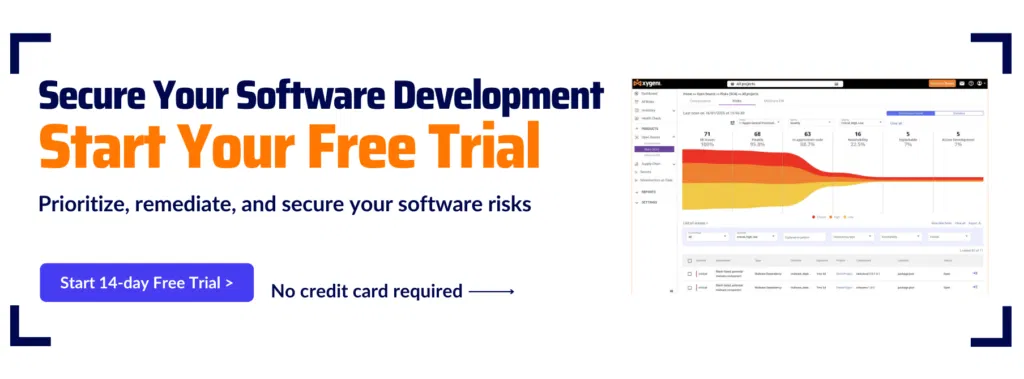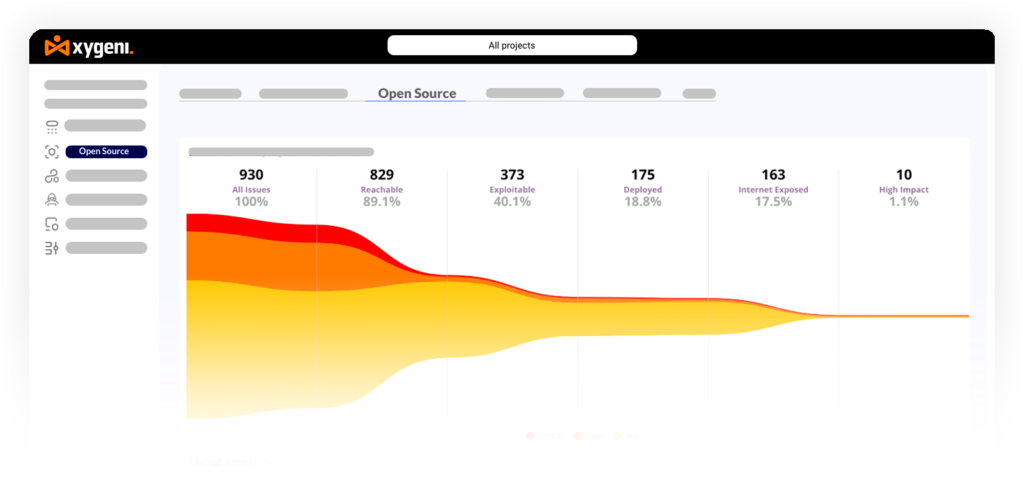If you’re building modern software, chances are you’ve asked yourself: what is DevSecOps? The term gets tossed around a lot—but understanding the DevSecOps definition is key to keeping your code both fast and secure. At its core, the DevSecOps meaning is all about shifting security left—integrating it early and often into your workflows. This cultural and technical shift empowers developers, security teams, and ops to work together in real time, using automation to eliminate friction.
So, when people search for what is DevSecOps, they’re not just looking for a textbook answer. They want to know how to build securely without slowing down. That’s why the DevSecOps definition must include collaboration, automation, and continuous security practices that scale with your delivery speed.
Curious how DevSecOps stacks up against traditional DevOps? We’ve broken down the differences here.
DevSecOps Definition:
Development, Security, and Operations
#DevSecOps stands for Development, Security, and Operations. It’s a modern approach to software development that integrates security into every stage of the lifecycle—from writing code to deployment. Rather than treating security as a final step, DevSecOps shifts security left, making it a continuous and collaborative process.
This aligns with principles defined by NIST and modern practices outlined by the Open Source Security Foundation (OpenSSF).
What It Really Means #
The DevSecOps definition goes beyond tools and practices. At its core, it’s a cultural and technical shift that promotes collaboration between developers, security teams, and operations. Automation and shared accountability ensure vulnerabilities are found—and fixed—early.
So, when people ask what is DevSecOps, they’re really asking:
“How can we build secure software without slowing down?”
Here’s the short answer:
- Integrate security tools into CI/CD
- Automate scans for code, secrets, and infrastructure
- Collaborate across teams
- Prioritize and fix issues fast
DevSecOps Meaning for Modern Teams #
The meaning of DevSecOps becomes clear when applied in real environments:
- No more late surprises: Security checks run during development, not after.
- Faster, safer releases: Teams ship code confidently with fewer delays.
- Shared tools and language: Dev, Sec, and Ops work seamlessly.
- Automated security controls: From IaC scanning to secrets detection.
- Audit-ready pipelines: SBOMs, policy enforcement, and logging are built-in.
With Development, Security, and Operations, security shifts from a bottleneck to a core enabler of speed, compliance, and resilience.
DevSecOps for Developers: Frictionless Security #
For developers, Dev Sec Ops means fewer blockers and better feedback. Instead of waiting for manual reviews, you get real-time alerts on:
- Secrets in code
- IaC misconfigurations
- Vulnerable dependencies
- CI/CD security issues
Xygeni supports this shift with developer-friendly tools like:
- Secrets Security for real-time secret detection
- IaC Security to scan misconfigurations before they hit production
- ASPM for full visibility into application risks
DevSecOps vs SecOps vs SecDevOps #
These terms often get confused. Let’s break it down:
- SecOps: Security operations teams focused on threat detection and incident response.
- SecDevOps: A less common term emphasizing security-first culture.
- DevSecOps: The most popular term for building secure software with automation, collaboration, and speed.
While all aim for better security, Development, Security, and Operations is the preferred term for integrating security into the development lifecycle.
How Xygeni Powers DevSecOps Success #
Security should never slow you down—and with Xygeni, it doesn’t have to.
Our platform brings DevSecOps to life by embedding security into your existing workflows. From real-time visibility to automated policy enforcement, Xygeni helps teams stay secure without extra effort.
- ASPM (Application Security Posture Management): Prioritize and remediate the risks that matter most using dynamic context-aware filters.
- CI/CD Security (SSCS): Protect your pipelines from misconfigurations and ensure build integrity with SLSA-compliant attestations.
- Secrets Security: Stop hardcoded secrets before they hit your repos. Real-time scans integrate directly into your Git workflows.
- IaC Security: Scan Terraform, CloudFormation, and Kubernetes files to block risky configurations before deployment.
- Open Source Security (OSS): Detect and block malicious dependencies automatically—right when they’re published.
Whether you’re shifting left or tightening compliance, Xygeni provides the visibility, control, and automation your DevSecOps strategy needs to scale.
Ready to Shift Security Left? #
Xygeni empowers teams to implement DevSecOps with confidence.
From open-source risk to CI/CD misconfigurations, we’ve got your pipeline covered. Try for free now!

Want to Learn More? #
- Start with our full guide for in-depth insights
- Read our documentation for real implementation tips
- Compare top DevSecOps tools that fit modern pipelines
- Or explore DevSecOps vs. DevOps to see where the real shift begins


